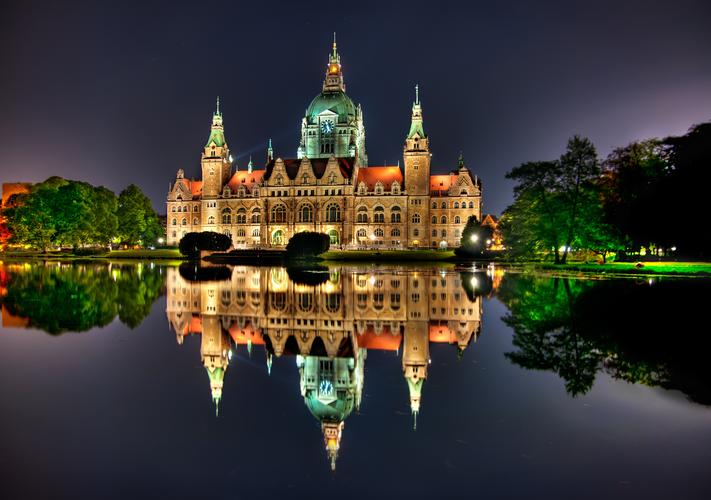Halloween is a holiday that has its roots in ancient pagan traditions. It is believed to have originated with the Celtic festival of Samhain, which was celebrated on the night of October 31st. The Celts believed that on this night, the boundary between the living and the dead became blurred, and the spirits of the dead returned to earth to wreak havoc.
When the Christian church began to spread throughout Europe, it attempted to replace pagan traditions with Christian ones. Thus, in the eighth century, Pope Gregory III designated November 1st as All Saints’ Day, and the evening before became known as All Hallows’ Eve or Halloween.
Halloween was brought to America by Irish immigrants in the 19th century. The holiday evolved over time, with influences from other cultures and traditions. For example, the Halloween practice of carving pumpkins comes from the Irish tradition of carving turnips. Other Halloween traditions, like dressing up in costumes and going door-to-door asking for candy, have also evolved over time.
In recent years, Halloween has become a massive commercial holiday, with billions of dollars spent on costumes, decorations, and candy. It has also become a more inclusive holiday, with many different cultures and traditions being incorporated into celebrations.
Despite its evolution into a modern celebration, Halloween still holds many of its ancient roots. Many people still believe in the supernatural aspects of the holiday, and many traditions have persisted through the centuries. Halloween remains a holiday full of mystery, magic, and fun.
(Note: Do you have knowledge or insights to share? Unlock new opportunities and expand your reach by joining our authors team. Click Registration to join us and share your expertise with our readers.)
Speech tips:
Please note that any statements involving politics will not be approved.
